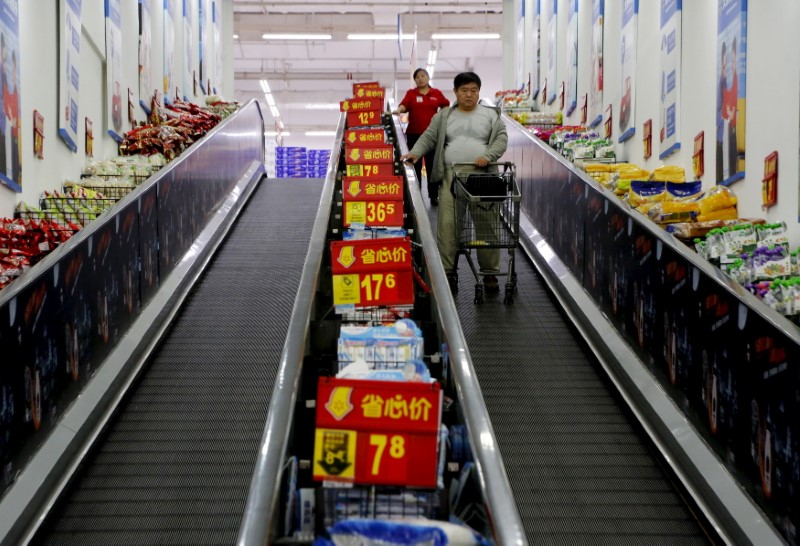An unexpected visit to China by Elon Musk underscores the growing challenges and strategic pivots that Tesla (NASDAQ:TSLA) faces.
Opting to address "very heavy Tesla obligations", Musk prioritised meeting with Chinese Premier Li Qiang over honouring his scheduled engagement in India with Prime Minister Narendra Modi — a reflection of the significant role that China plays in Tesla's global strategy.
Despite recent setbacks including regulatory issues, profit declines and price cuts, China remains indispensable for Tesla as its second-largest market.
However, the company has observed a concerning dip in sales, down 4% in the first quarter, even as China’s domestic electric vehicle (EV) market expanded by more than 15%. This drop in sales likely motivated Musk's last-minute change in itinerary.
During his visit, Musk and Premier Li discussed a new deal with Baidu (NASDAQ:BIDU), granting Tesla enhanced mapping data access, crucial for the development of its Full Self-Driving (FSD) technology in China.
Despite misconceptions in some press reports, this deal does not enable driverless capabilities nor allow data transfer out of China, highlighting the stringent controls over data security.
This scenario is complicated by the competitive pressure from local Chinese EV manufacturers like Xpeng (NYSE:XPEV), Nio and Li Auto (NASDAQ:LI), which are rapidly advancing in autonomous driving technologies, some incorporating lidar — a technology Musk had previously dismissed but is now reportedly exploring.
The visit, marked by urgency and the necessity to reinforce Tesla's presence and compliance in China, comes at a time when Tesla faces mounting competition not only in technology but also in market share within the Chinese automotive market.
This strategic move may be critical as Tesla navigates through its "golden period" in China amidst evolving challenges and opportunities in the global EV landscape.
